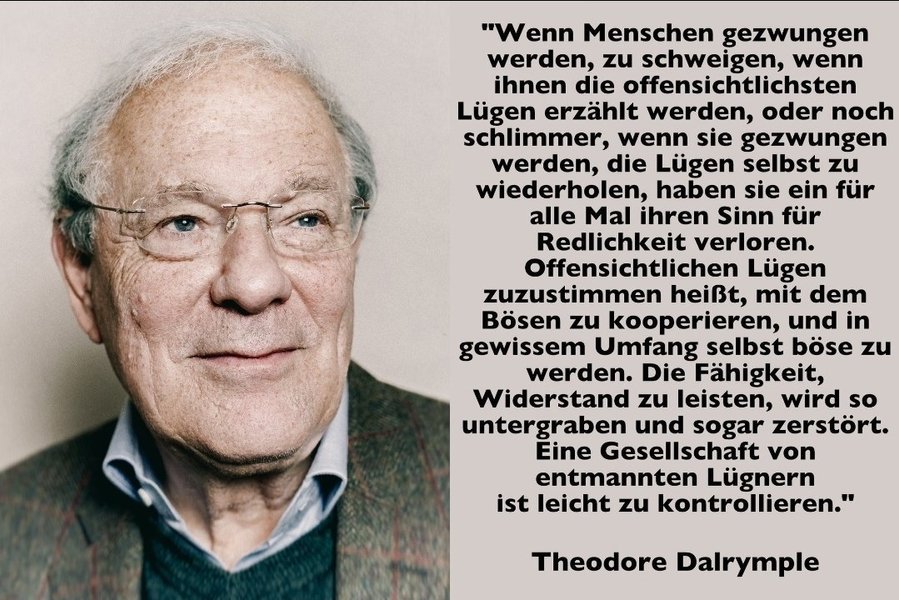Sublime
An inspiration engine for ideas
social norm greatly influences our decisions and behavior, often more so than personal gains or even moral standards.
Yu-kai Chou • Actionable Gamification: Beyond Points, Badges, and Leaderboards
Social Pysch
lin • 1 card
like.
Enrico Ferri • Criminal Sociology
fascinating phenomenon that prevents people who don’t know one another well from building trust. It’s called the fundamental attribution error.4 As sophisticated and complex as it may sound, it’s really quite simple.
Patrick M. Lencioni • The Advantage: Why Organizational Health Trumps Everything Else In Business (J-B Lencioni Series)
David Barlow. He was (and still is) one of the premiere anxiety researchers on the planet.
Steven Hayes • A Liberated Mind: The essential guide to ACT
Human behavior
Dean Millson • 66 cards
Ohne eine soziale Struktur, die Gewissheit produziert, kann Liebe selbst keine Gewissheit schaffen.
Eva Illouz • Warum Liebe endet: Eine Soziologie negativer Beziehungen (suhrkamp taschenbuch wissenschaft) (German Edition)
The thing to watch for, in my opinion, is what strategy a person employs first when distressed and, if that one fails, what strategy the person switches to next. These are the person’s primary and secondary patterns.
